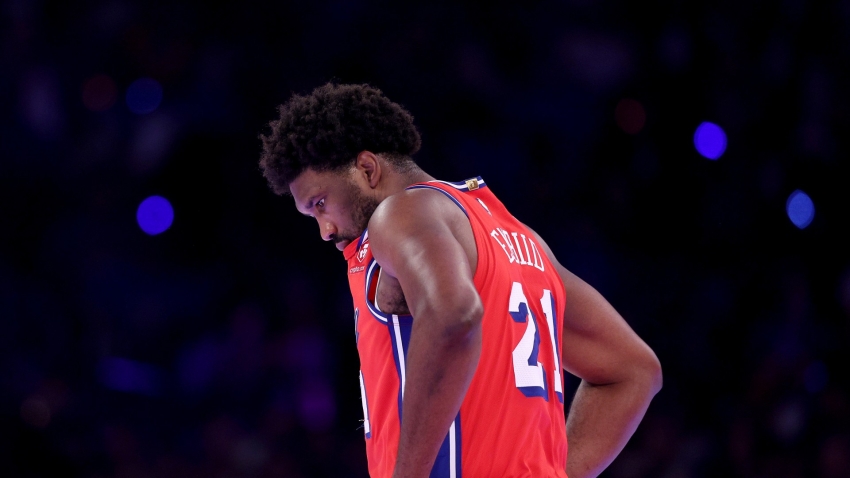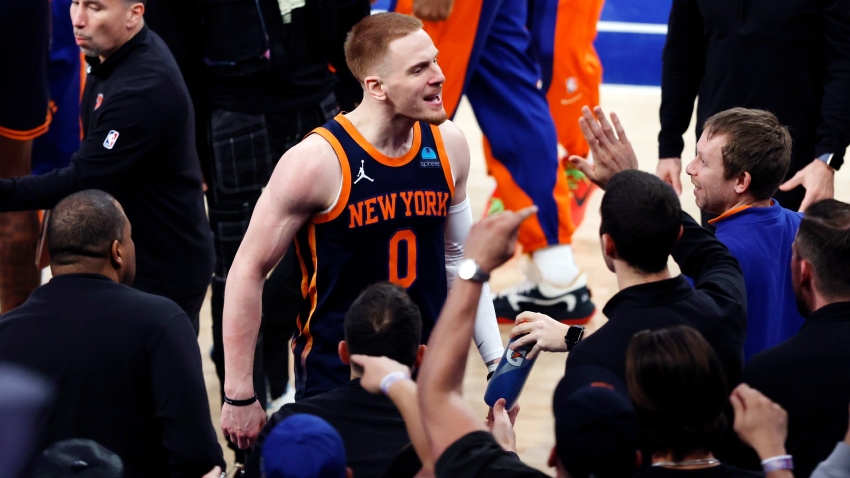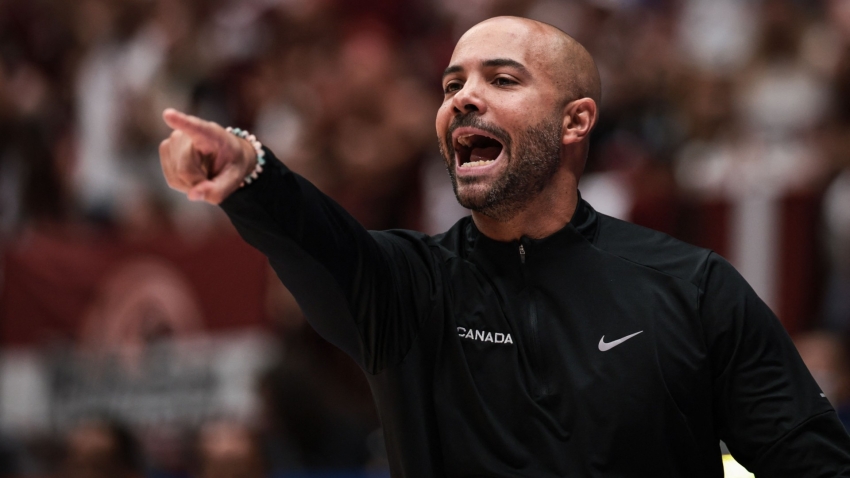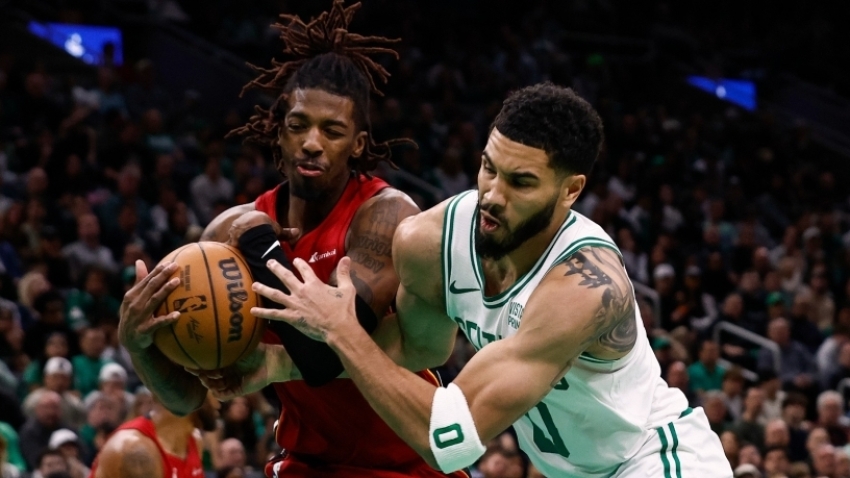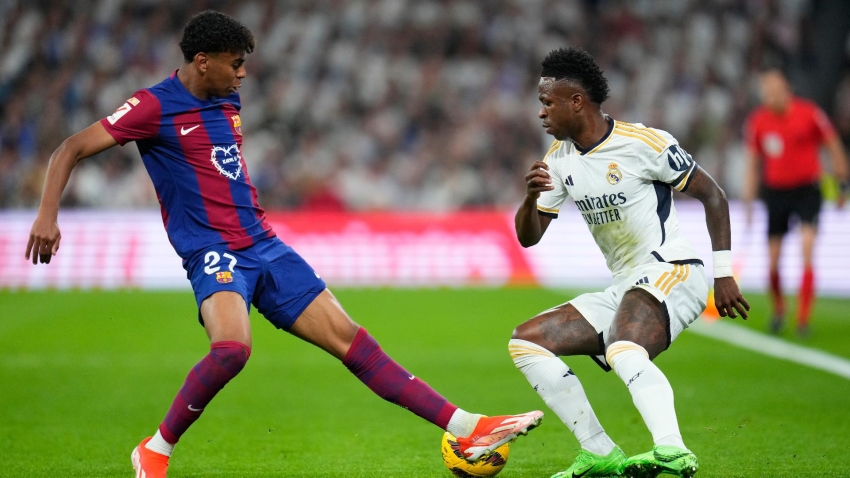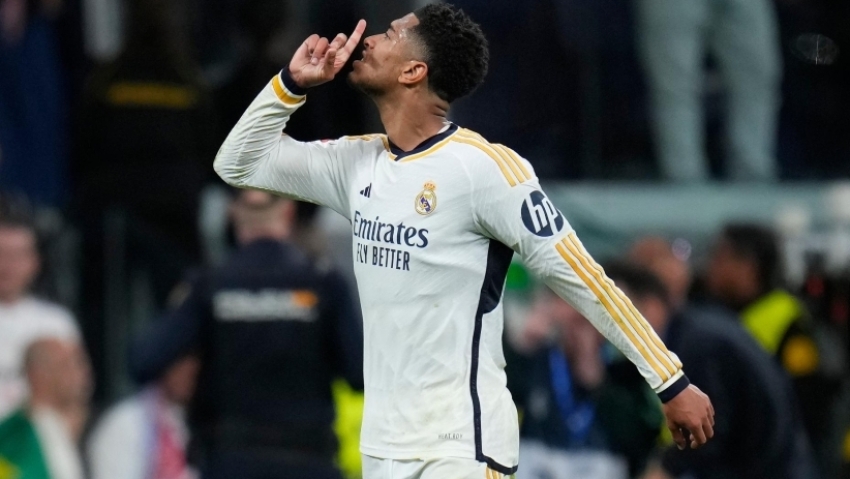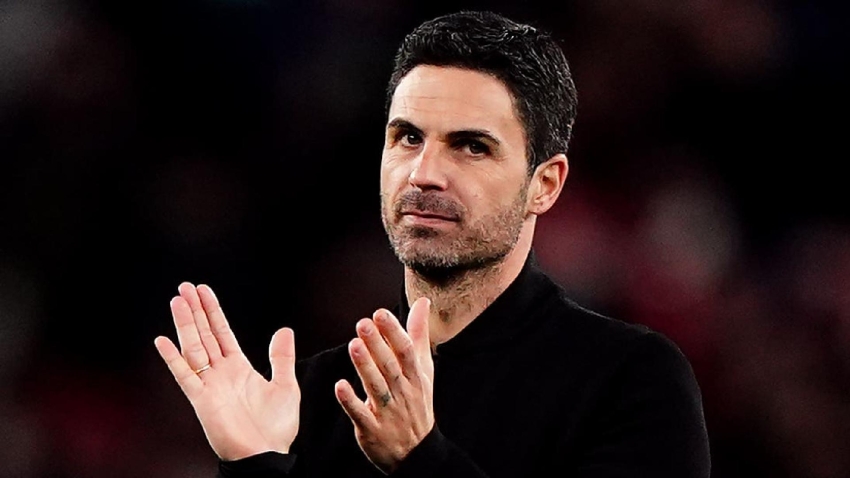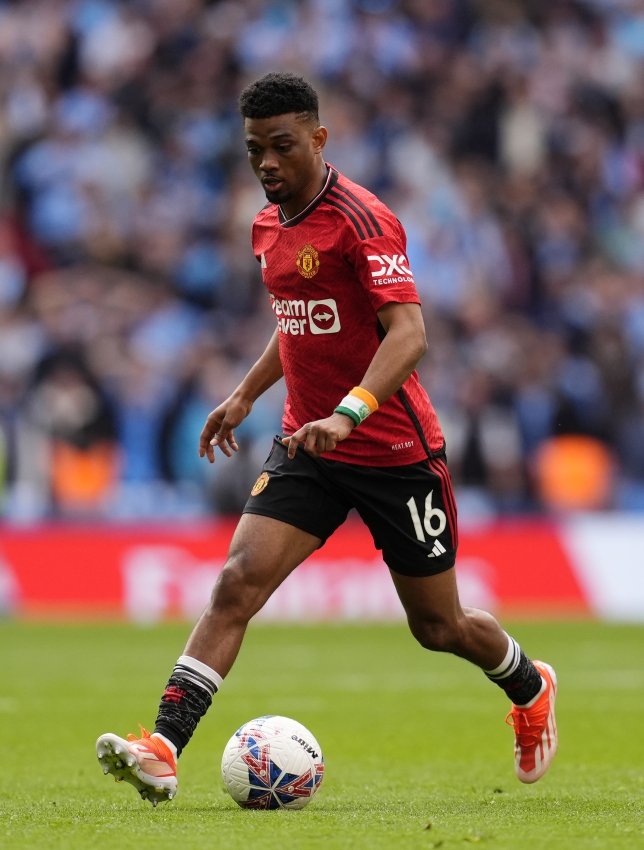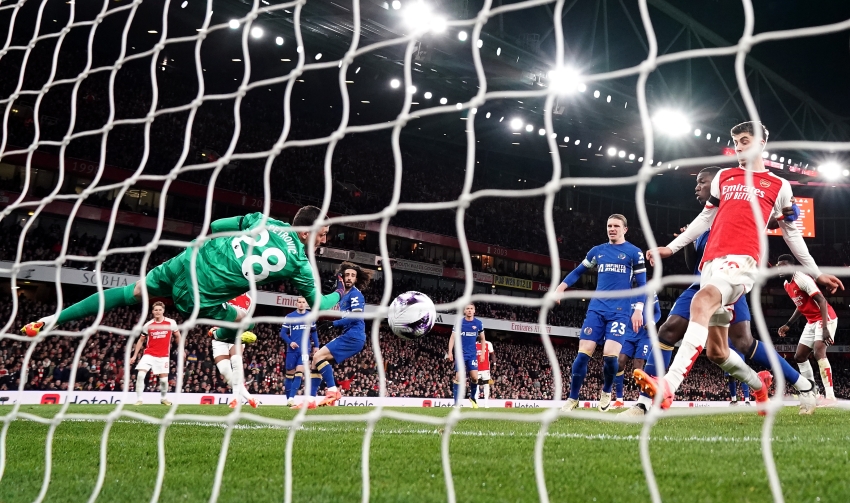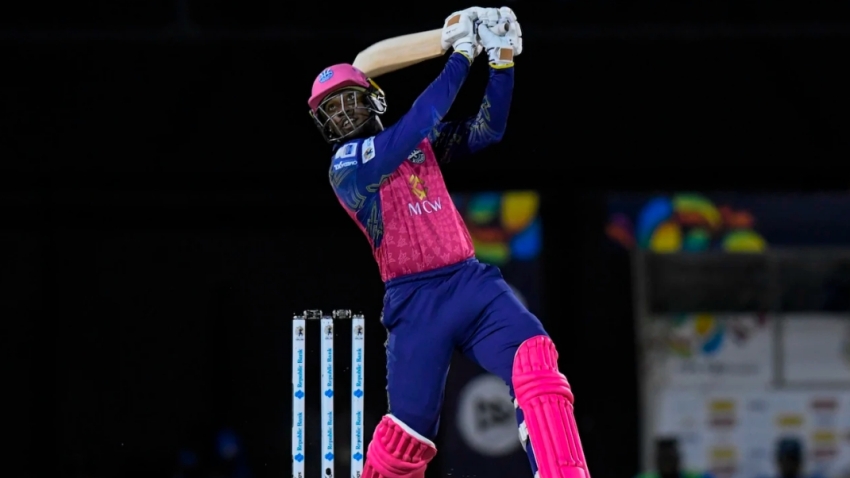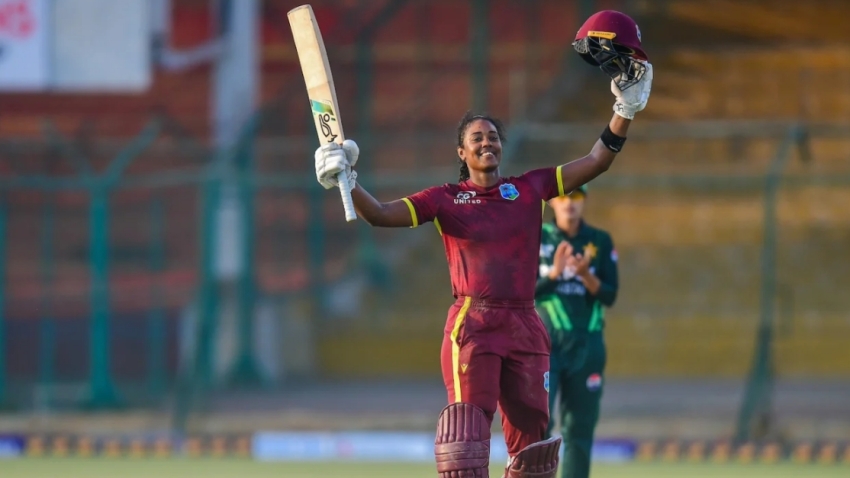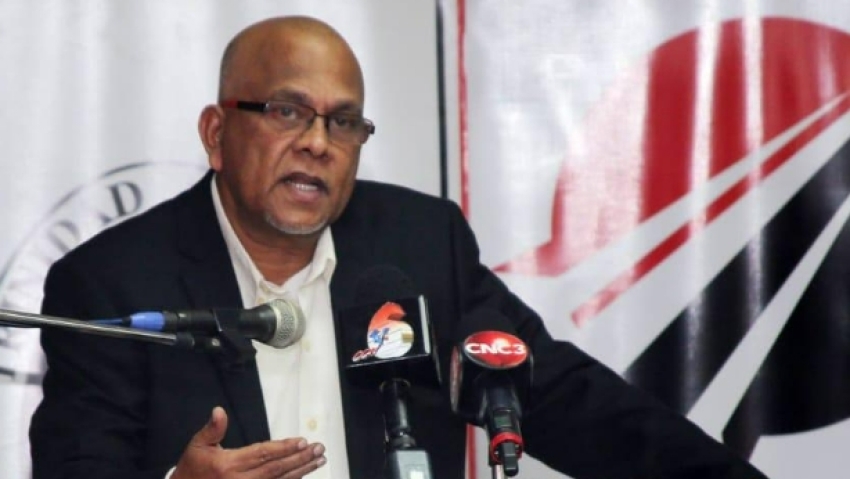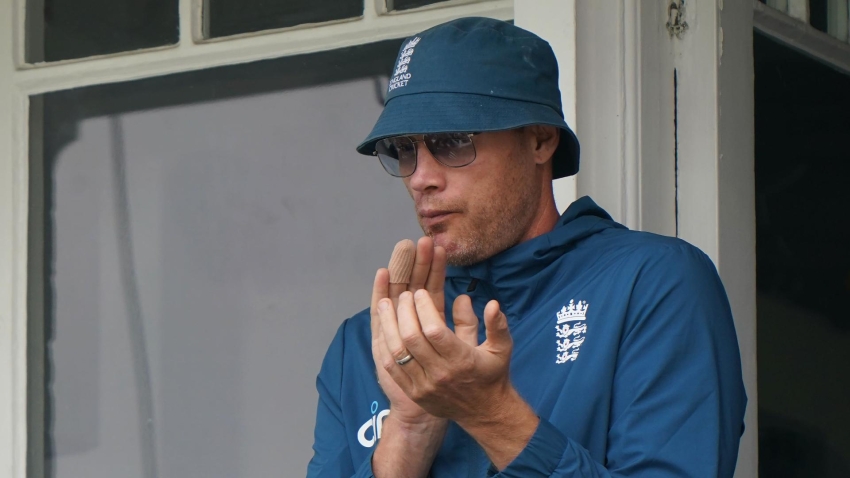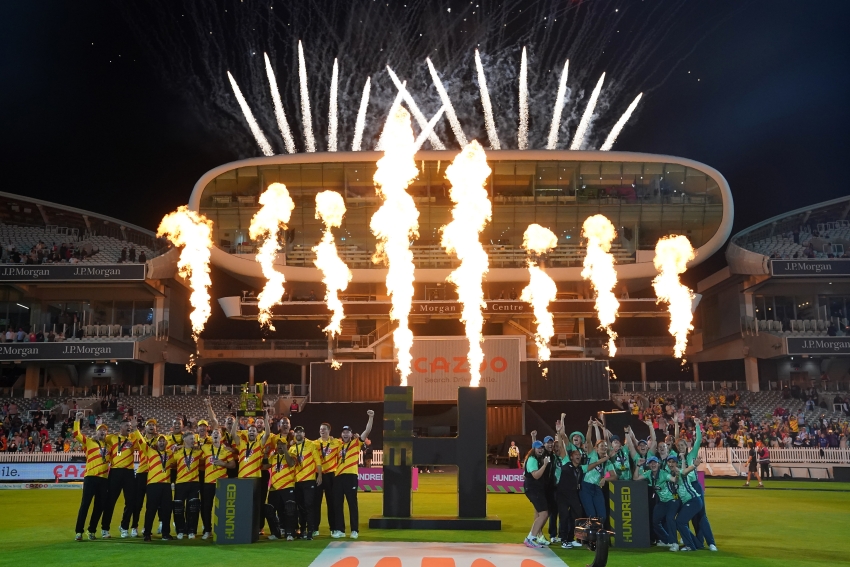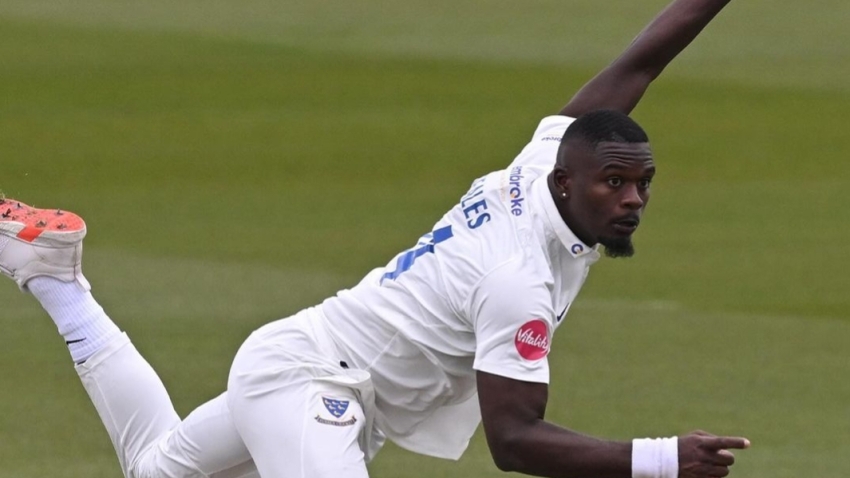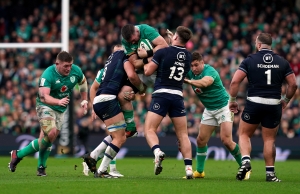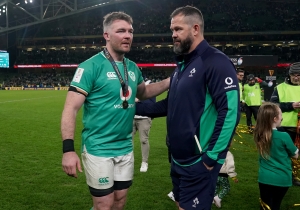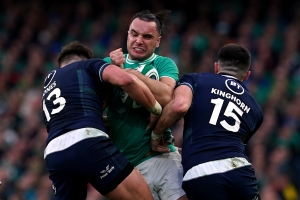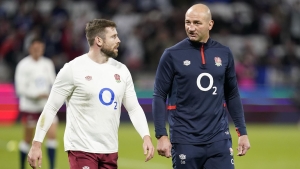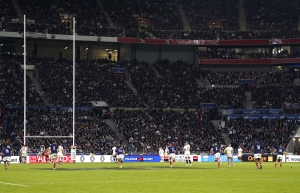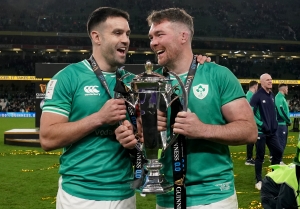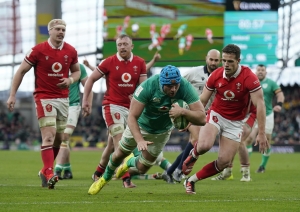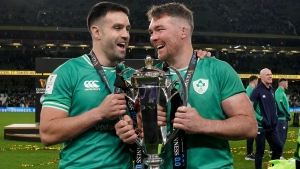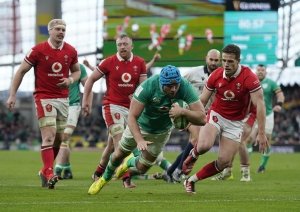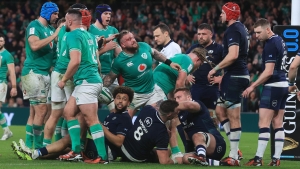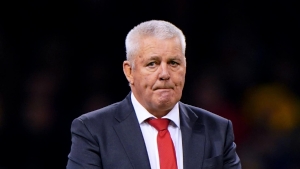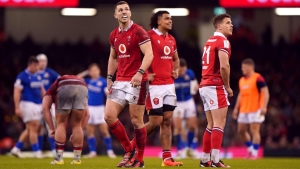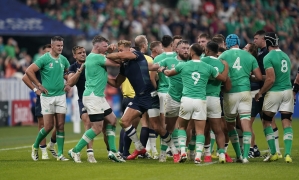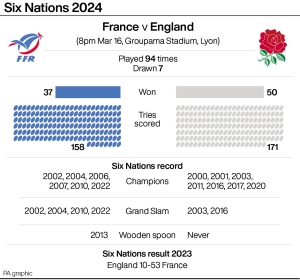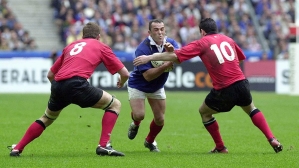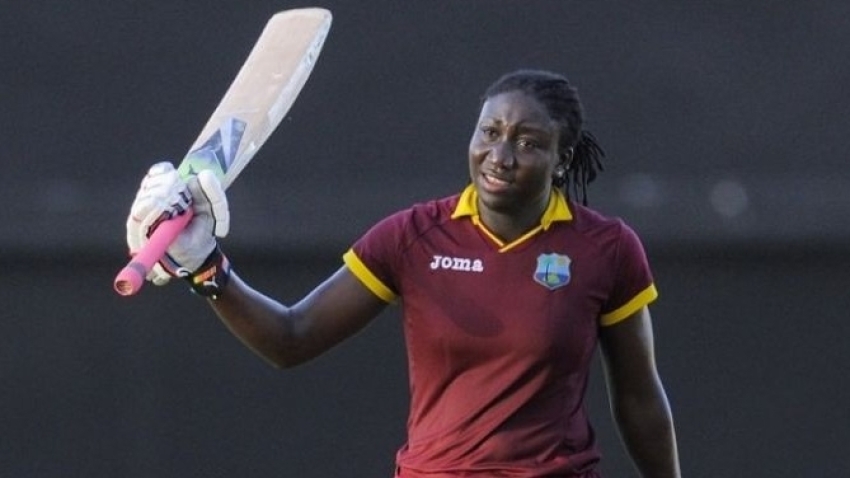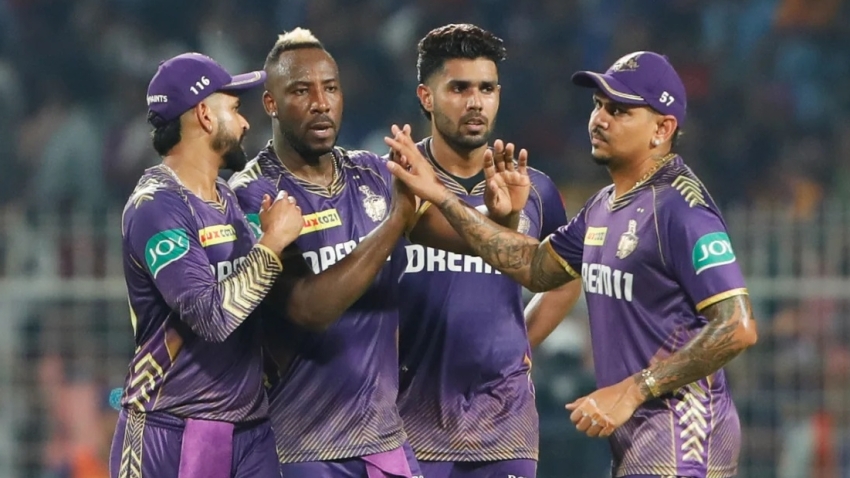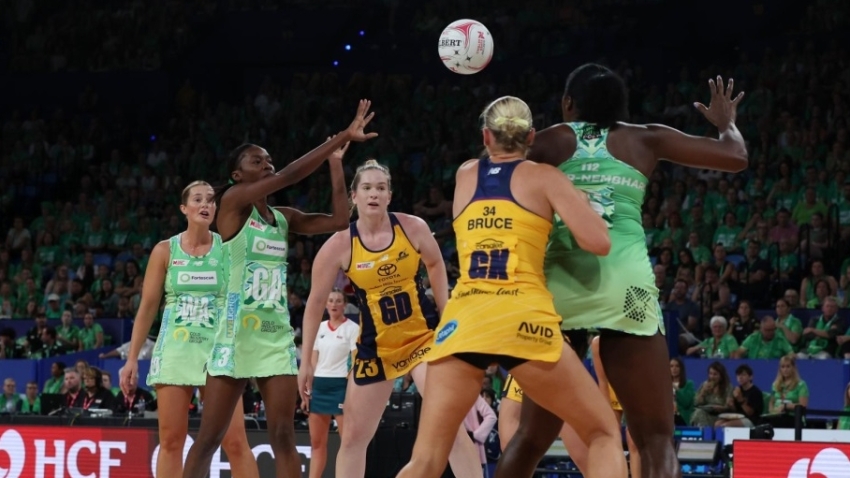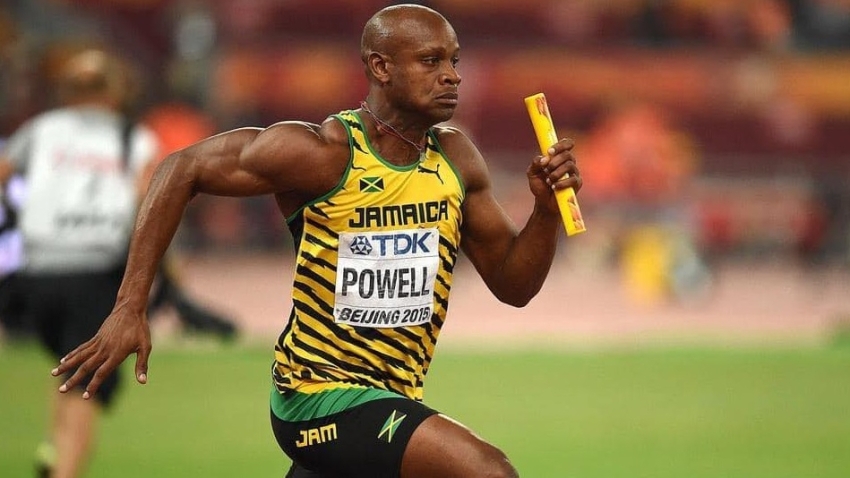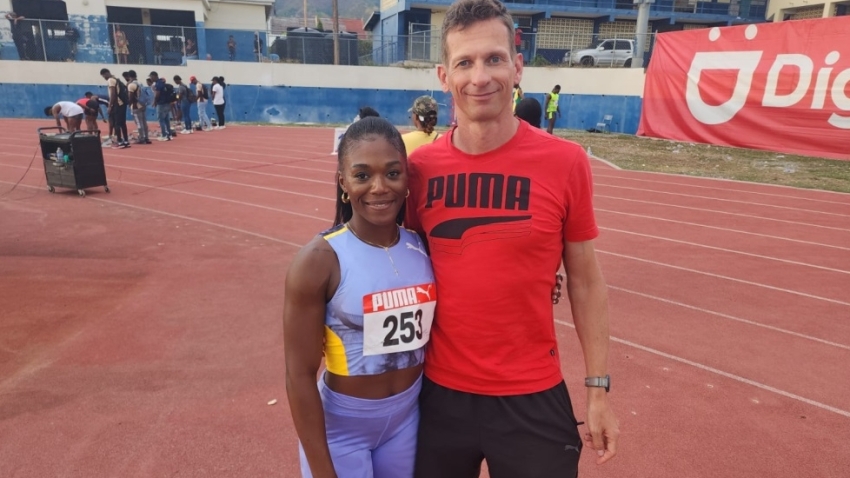Peter O’Mahony savoured the “best feeling in the world” as he left question marks hanging over his international future after leading Ireland to Guinness Six Nations glory.
Andy Farrell’s men ignited the St Patrick’s weekend party by retaining the title thanks to a a nervy 17-13 success over Scotland in Dublin.
Reports emerged before the game that captain O’Mahony was set to call time on his international career following a 105th and final outing in the green jersey.
The 34-year-old, who lifted the championship trophy with Tadhg Furlong, is “still loving” life at Test level but concedes he has a big decision to make.
“I won’t be making any decisions over the next few days,” he said. “But next week we’ll have to have a chat.
“I’m still loving it. This part of it is the best feeling in the world and that’s the part you chase.
“But you have to have a proper chat and be realistic.
“If it was my last one, it wasn’t a bad one to go out on. I can hang the jersey in a good place, if it was. But I’ll have that chat next week.
“It means the world to me (playing for Ireland).
“It’s a special thing to be picked for your country and you’ve got to treat it with the utmost respect.”
Tries from Dan Sheehan and Andrew Porter, plus seven points from Jack Crowley, helped Ireland bounce back from having their dream of back-to-back Grand Slams dashed by England last weekend.
Veteran Munster flanker O’Mahony overcame pre-match nerves to claim the fifth – and most satisfying – Six Nations title of a Test career which began in 2012.
He opted to share the trophy lift with Furlong following the death of the Leinster prop’s father James in December.
“It was a nice moment for him and his family and I thought it was appropriate – he’s had a tough, tough few months,” said O’Mahony.
“I think this was probably the most special (of the five titles).
“We didn’t want to lose last week. But we knew we needed to get back on the horse and put in a better performance and coming back home, championship on the line, the whole lot, it was an important game for us.
“I felt the pressure, I felt the nerves and I knew it needed to be a big day for us.
“I was saying to Andy (Farrell) on the way in there, it was a tough week and it was probably one of the toughest days nerves-wise beforehand.
“It 100 per cent has to be up there with one of the most special days of my career, if not the most.”
Head coach Farrell, whose side led just 7-6 at half-time, said: “That was a proper Test match.
“Scotland are a great side. I thought they were tenacious, I thought they were tough.
“I actually thought we played bloody well. We came out of the blocks in the second half, that was magnificent – the power, the pace we put into the game.”
Finn Russell believes Scotland must improve significantly from a mental perspective after their quest for a first Triple Crown since 1990 fell short against “probably the best team in the world”.
Fly-half Russell was encouraged by his country’s dogged display at the Aviva Stadium but was left to rue frustrating inconsistency which resulted in three tournament defeats from five fixtures.
Asked if Scotland are progressing or regressing, the co-captain replied: “Today we are progressing.
“That mentality we had today and that cohesiveness, especially in defence, was brilliant.
“But throughout the campaign we need to get mentally stronger. We need to get better and put in performances week in, week out.
“We’ve had spells in this competition that we’ve been brilliant but at the same time we’ve had spells where we’ve allowed teams to get on the front foot and get momentum.
“We are progressing and it’s tough only winning two games and saying we’re progressing but this campaign will make us better come the summer, then November and next season’s Six Nations.
“From a personal opinion, I think mentally we need to get a lot better and not drift at moments in the game.
“We need to be in every moment of the game and that’s a big work on for us.
“Today, we were there for probably 90 per cent of the game, just a couple of moments that allowed Ireland into it. And, probably the best team in the world, you can’t do that over here.”


